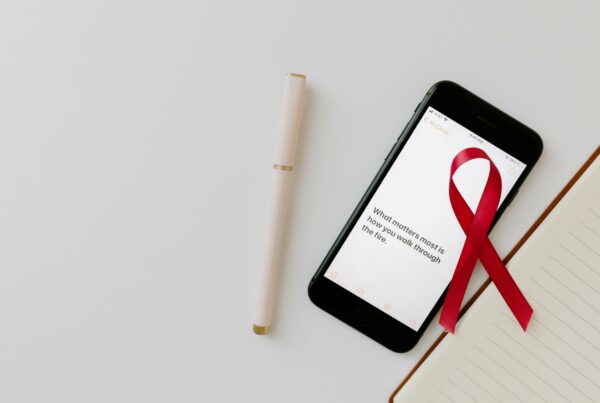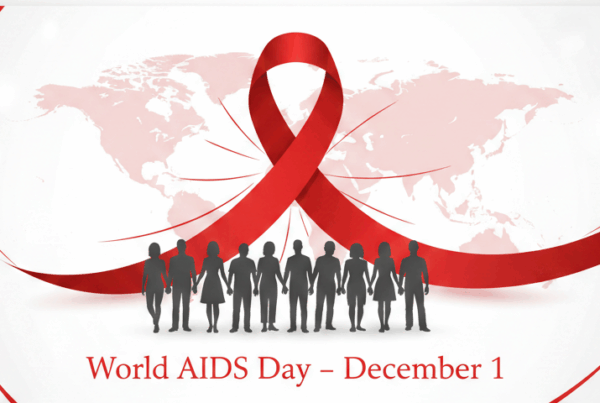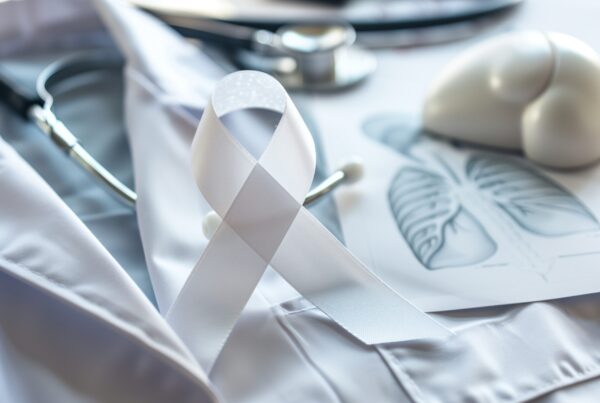Every year on May 17, the world turns its attention to a silent killer that affects more than 1.4 billion people globally—hypertension, or high blood pressure. Marked as World Hypertension Day, this annual event is more than just a health observance—it’s a global call to action.
In 2025, the theme is “Measure Your Blood Pressure Accurately, Control It, Live Longer”—a powerful reminder that knowledge is the first step toward prevention.
What Is Hypertension?
Hypertension occurs when the force of blood pushing against the artery walls is consistently too high. Often called the “silent killer,” it typically presents no obvious symptoms, but over time it can lead to serious health issues such as:
- Heart attacks
- Stroke
- Kidney damage
- Vision loss
Despite its dangers, hypertension is both preventable and manageable—especially when caught early.
Why World Hypertension Day Matters
Many people with high blood pressure don’t know they have it. In fact, according to the World Hypertension League (WHL), nearly 50% of adults with hypertension are unaware of their condition. This lack of awareness is what makes World Hypertension Day so critical.
The day promotes:
- Accurate blood pressure measurement
- Routine health screening
- Public awareness on lifestyle risks
- Equitable access to treatment and care
Fast Facts: Hypertension in 2025
- 1 in 3 adults worldwide has high blood pressure
- It contributes to over 10 million deaths annually
- Only 1 in 5 people with hypertension has it under control
- Rates are rising among young adults due to poor diet, stress, and sedentary lifestyles
Accurate Measurement: A Lifesaving Habit
The WHL emphasizes proper measurement techniques as the cornerstone of effective management. Whether done at home, in clinics, or community centers, blood pressure must be:
- Measured after 5 minutes of rest
- Taken on a supported arm at heart level
- Repeated for consistency
Using digital monitors and validated devices is also crucial—especially in low-resource settings.
Prevention: The Power Is in Your Hands
Hypertension isn’t inevitable. A few lifestyle changes can dramatically reduce your risk:
Eat Smart
Adopt a low-sodium, high-potassium diet. Focus on fruits, vegetables, whole grains, and lean proteins.
Stay Active
Aim for at least 150 minutes of moderate exercise weekly—walking, cycling, or swimming.
Avoid Tobacco and Limit Alcohol
Both can raise blood pressure and damage arteries over time.
Manage Stress
Chronic stress can contribute to elevated blood pressure. Mindfulness, yoga, or simply getting enough sleep helps.
Take Medications as Prescribed
For those diagnosed, consistent medication adherence is vital. Skipping doses can undo progress.
Spotlight on 2025: Bridging the Global Gap
This year, World Hypertension Day places a special focus on equity in blood pressure care. Many low- and middle-income countries still lack access to:
- Affordable medication
- Reliable measurement tools
- Trained healthcare workers
Global health initiatives, like the WHO HEARTS program, are working to close this gap by integrating hypertension management into primary care systems worldwide.
Your blood pressure number is more than a stat—it’s a predictor of your future health. On this World Hypertension Day 2025, take a moment to get checked, encourage others to do the same, and commit to habits that support a strong heart.




